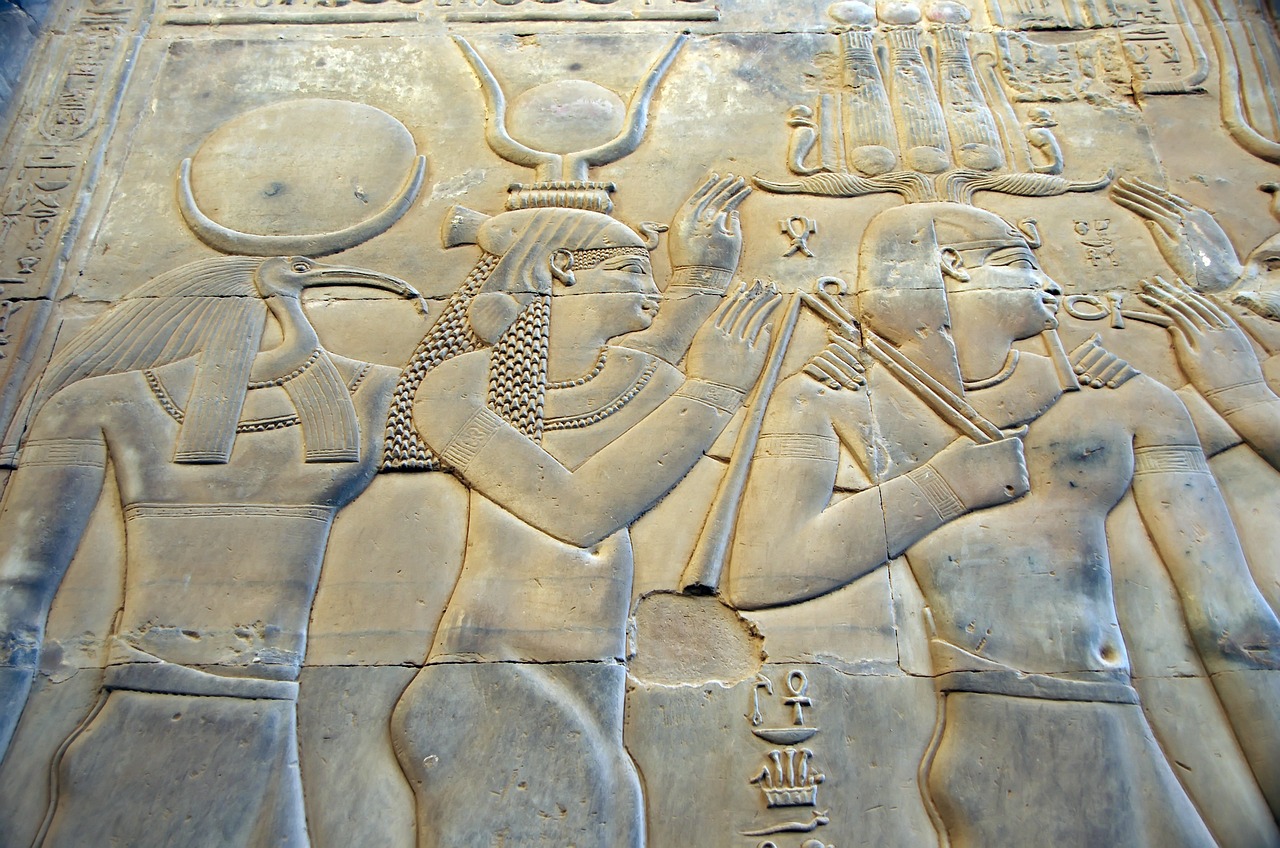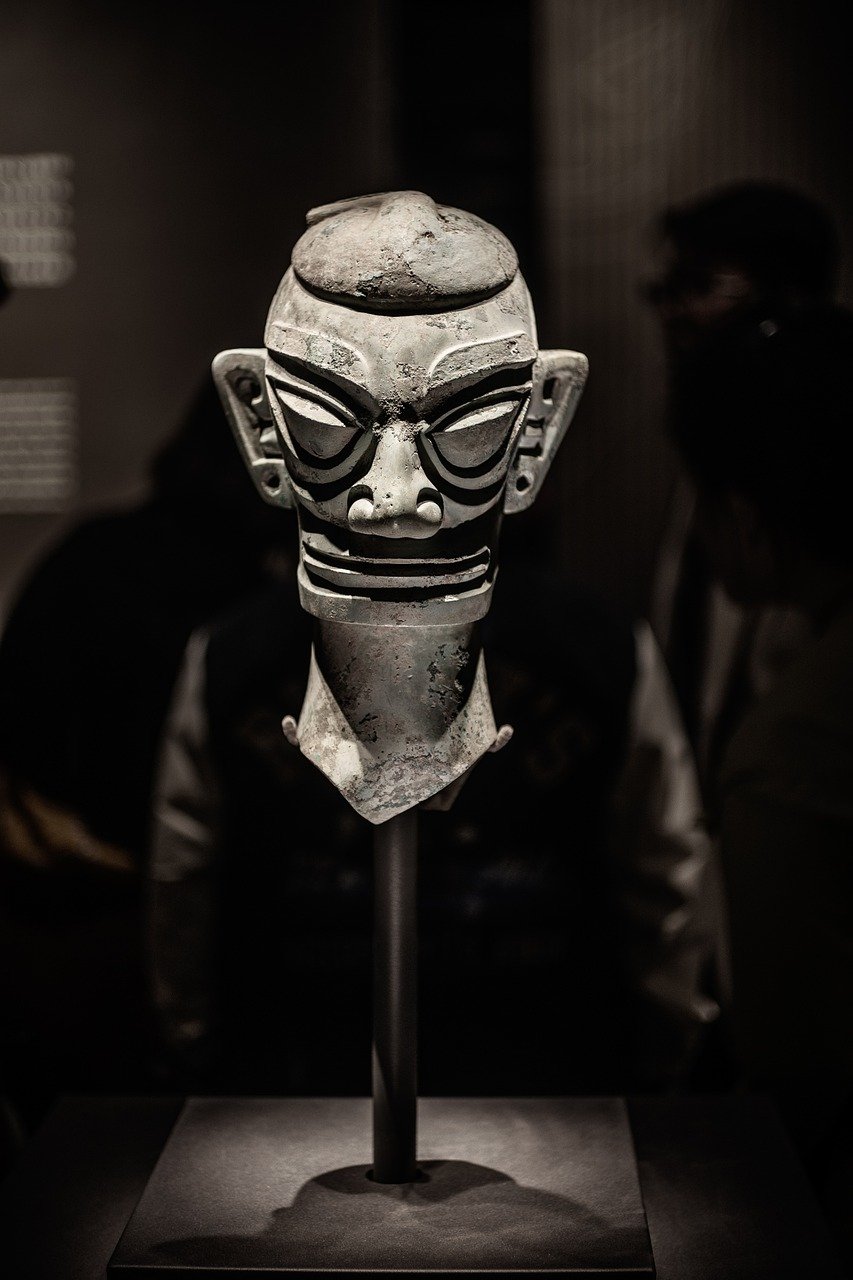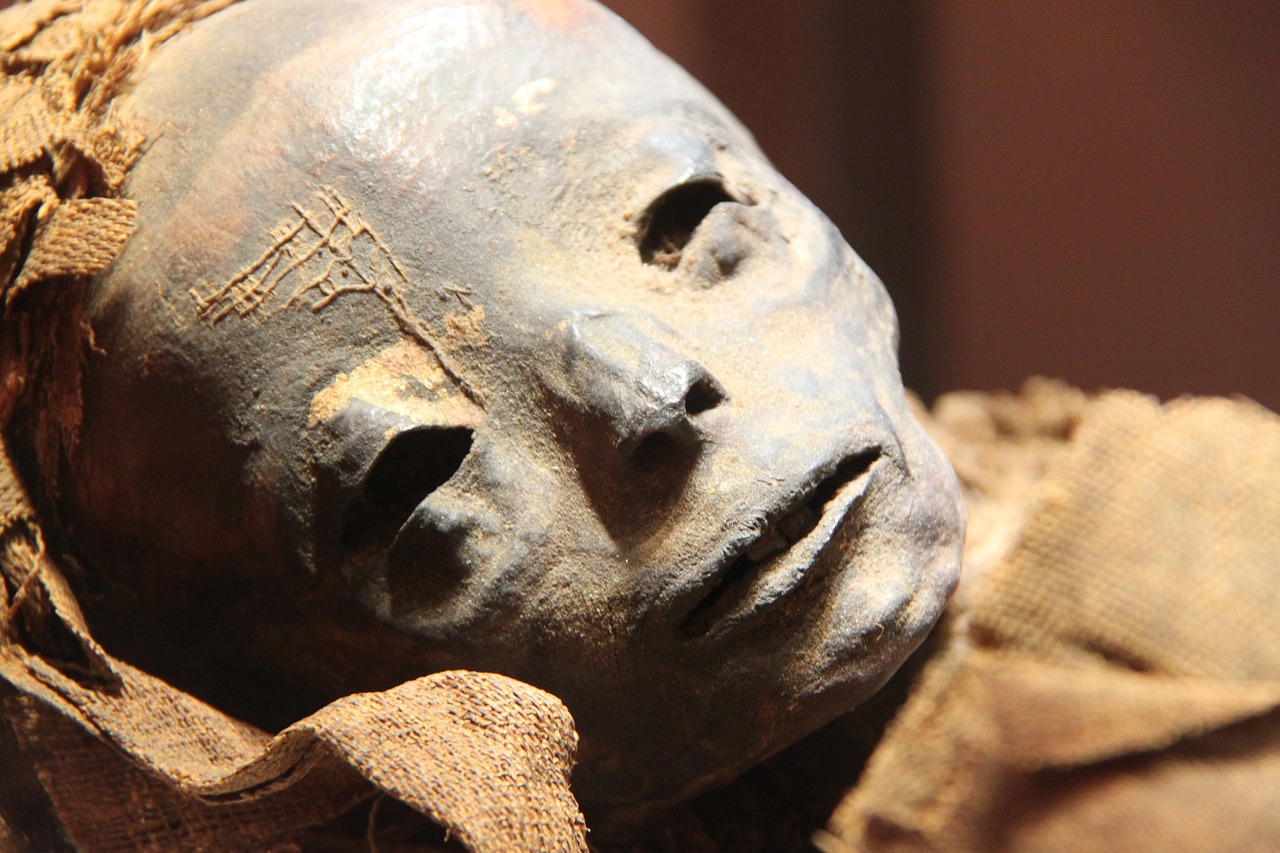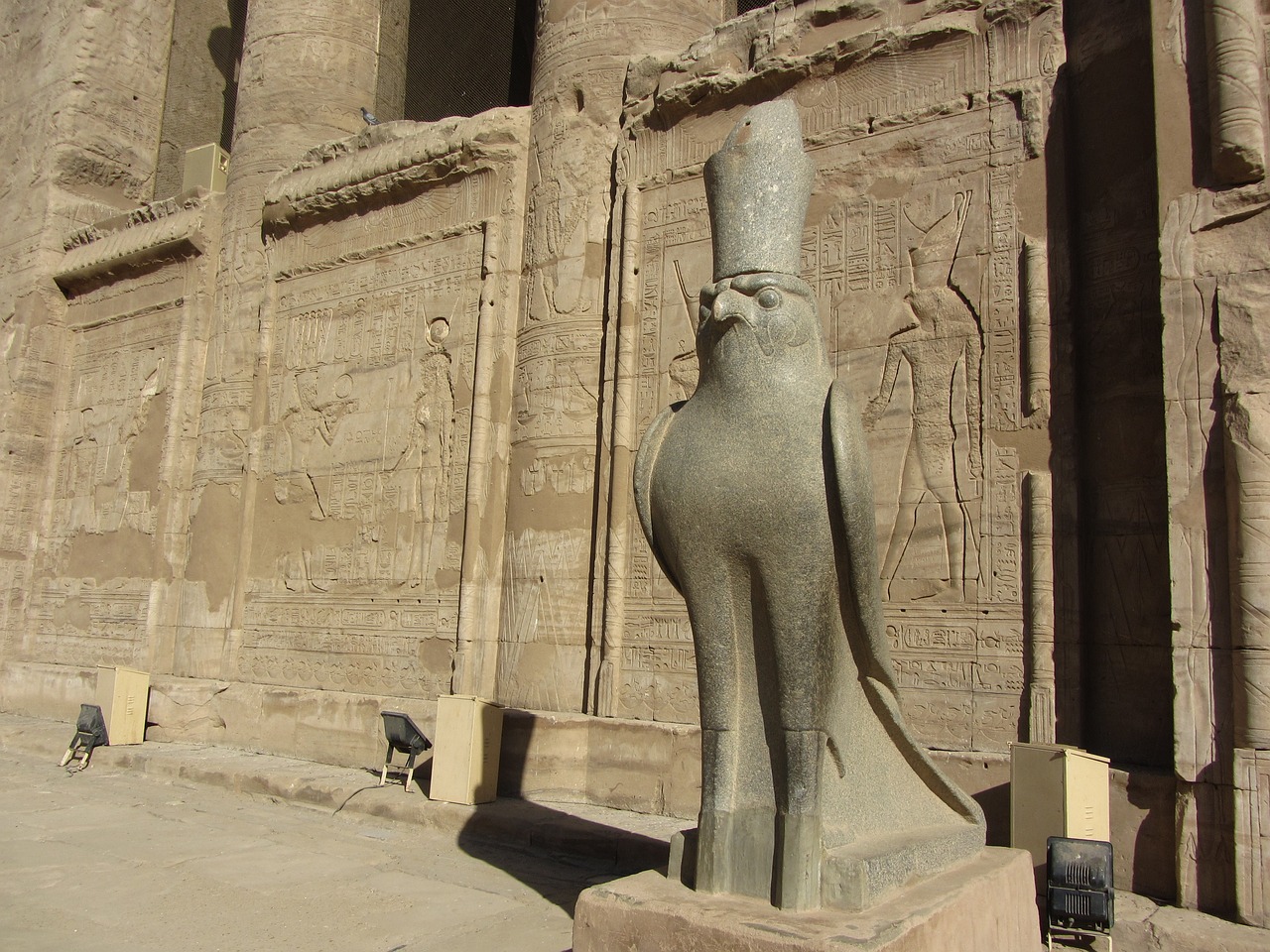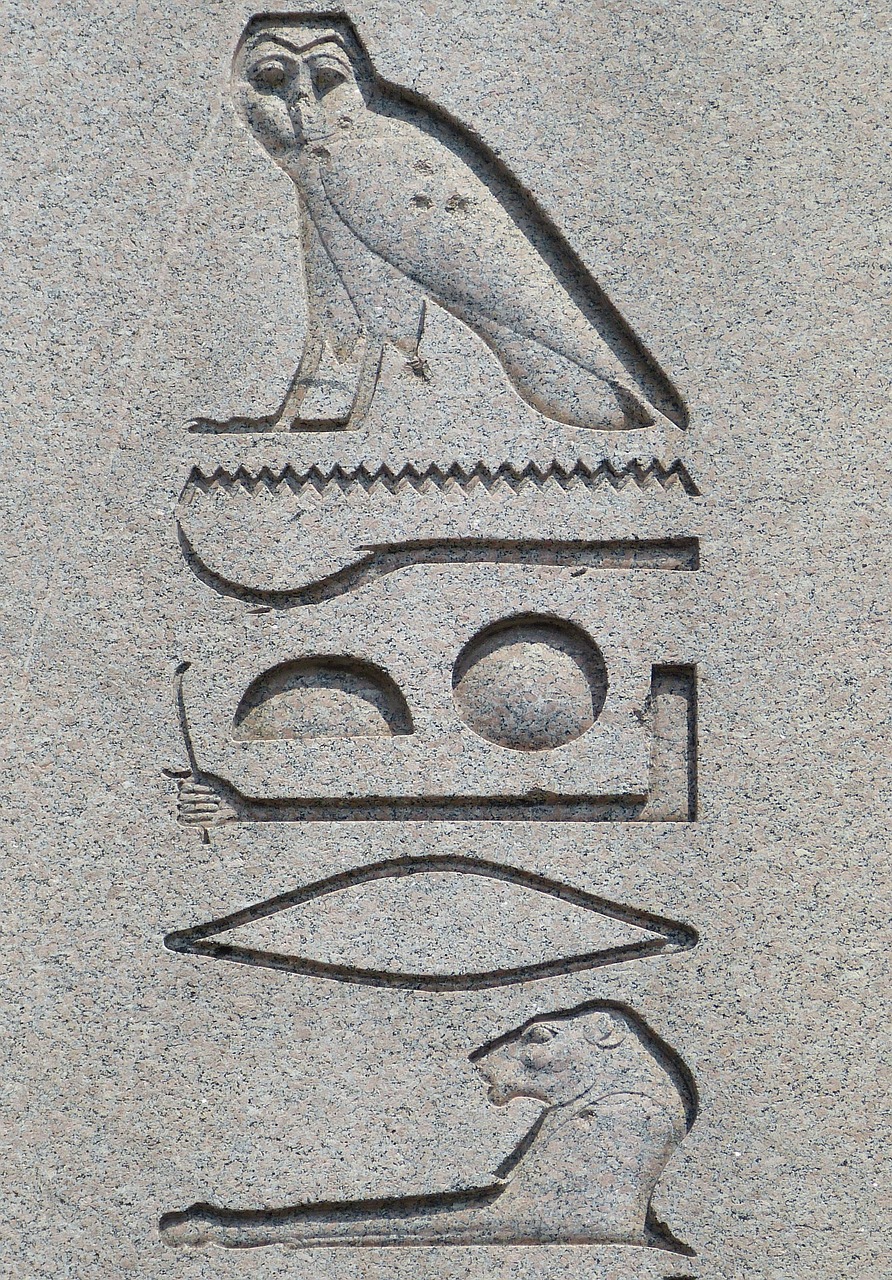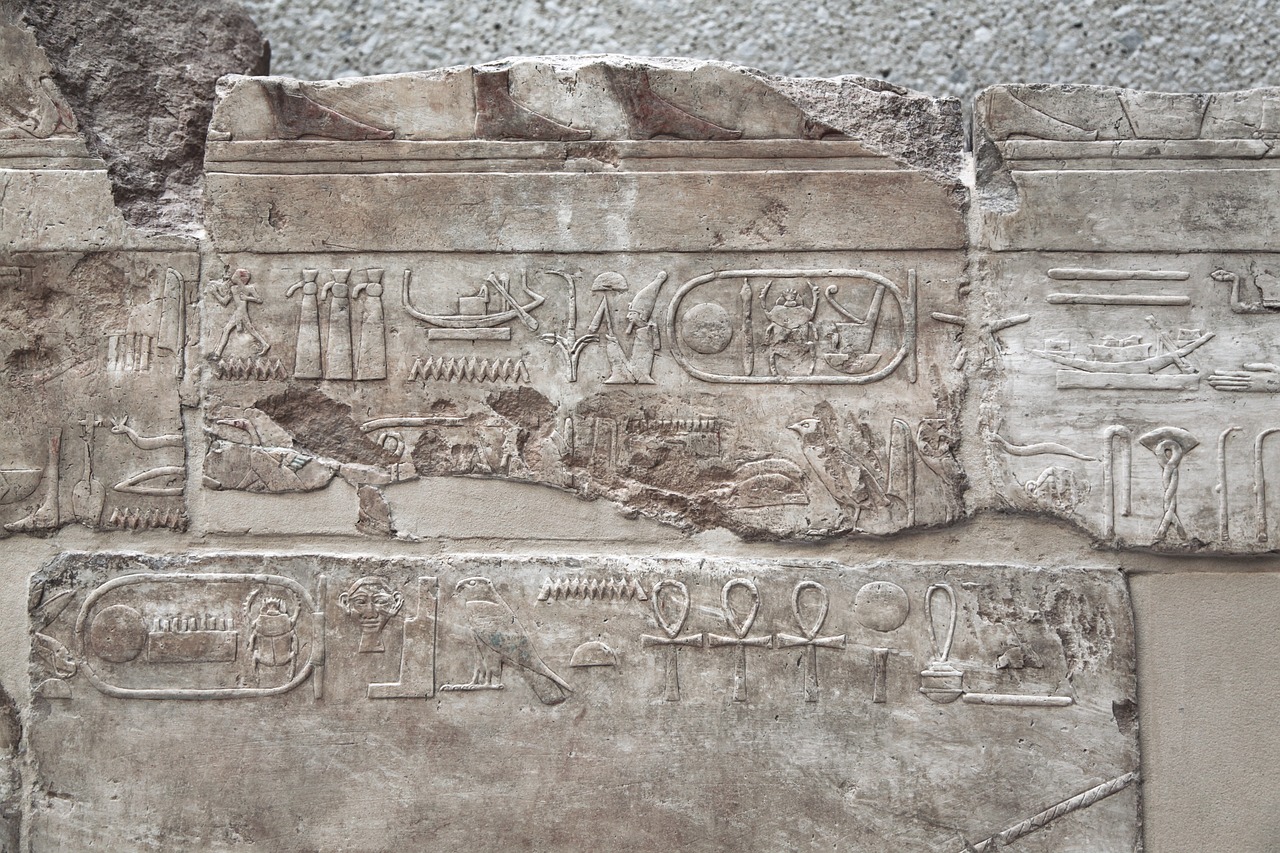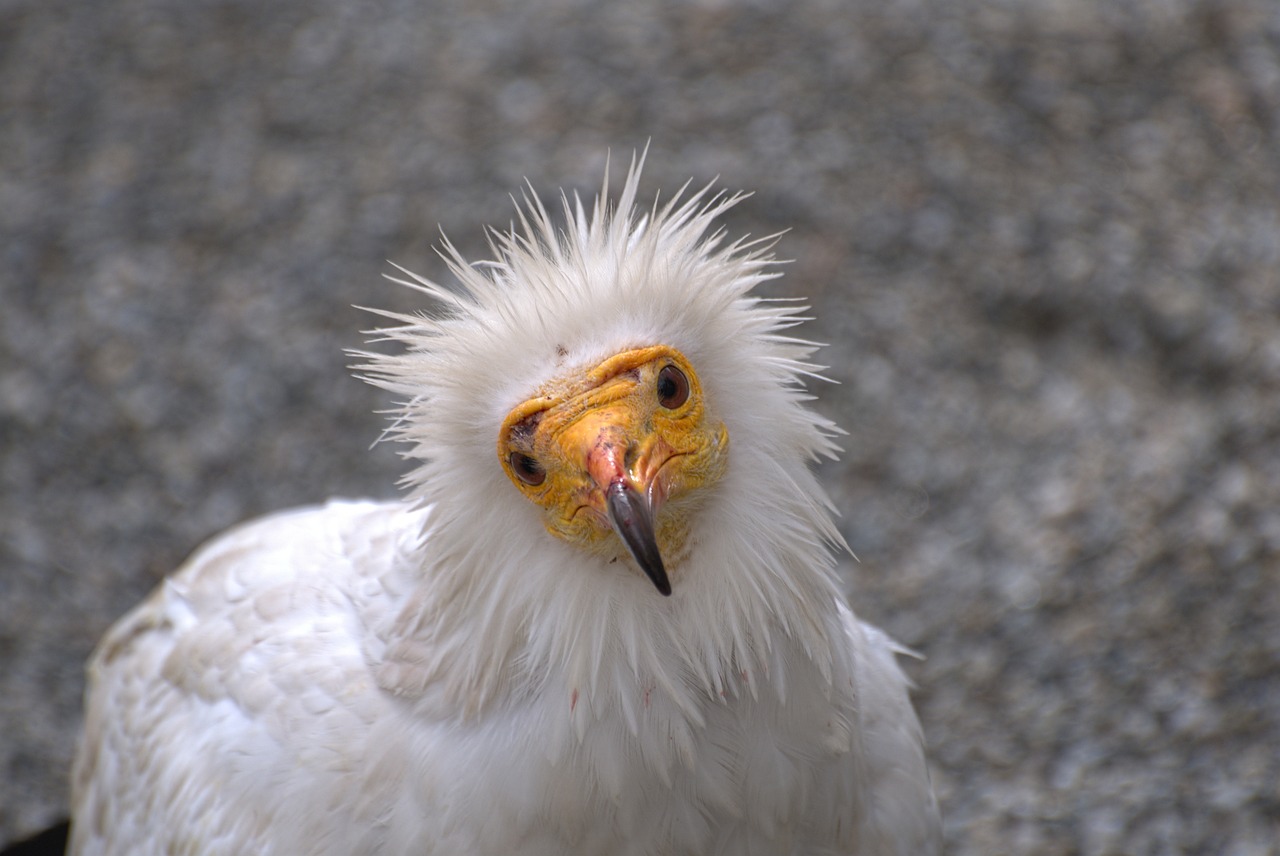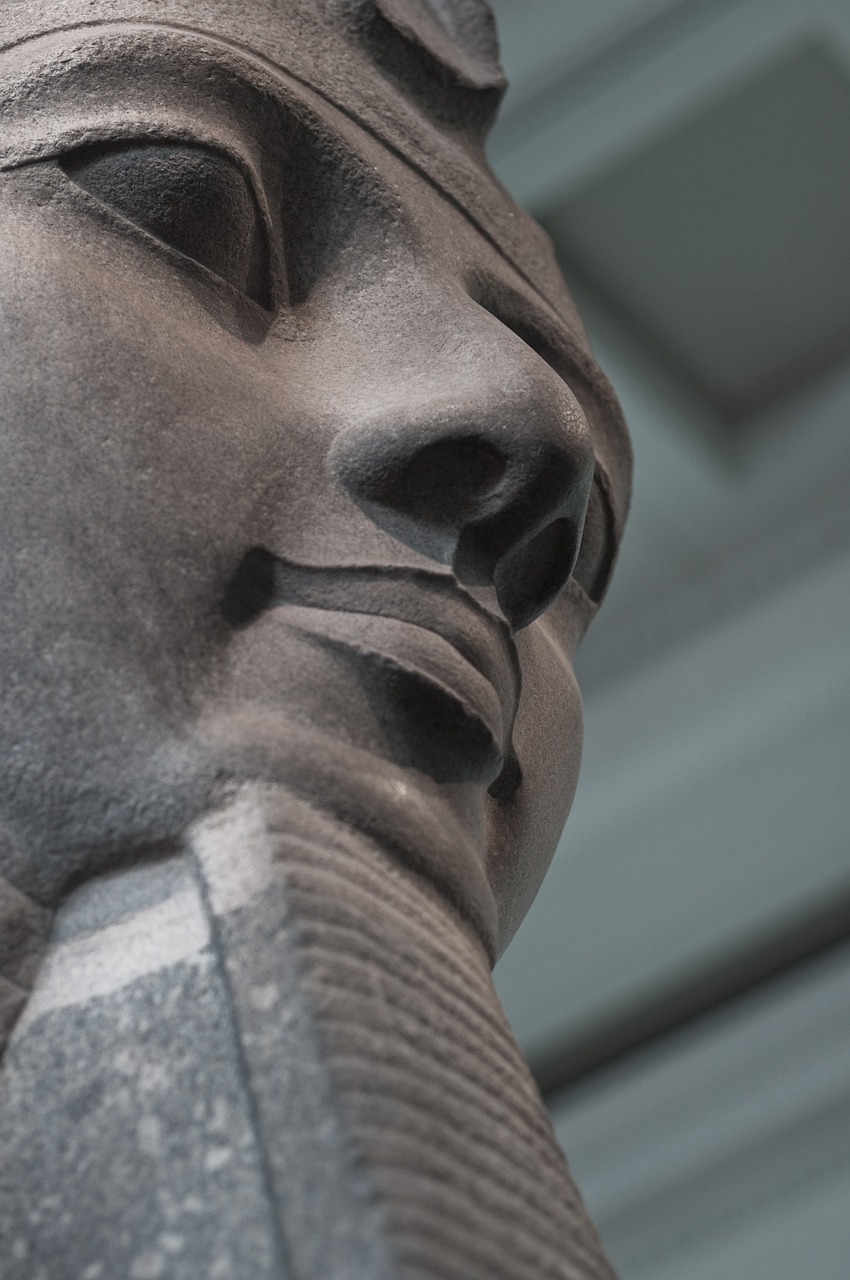Tag: Egyptian mythology
-
Thoth is revered as the Egyptian deity embodying writing, magic, wisdom, and the moon. He held a prominent position within the ancient Egyptian pantheon and is believed to have either self-created or been born from Horus’s seed, emerging from Set’s forehead. This duality of origin places him at the crossroads of order and chaos, emphasizing…
-
A few years back, the British Museum hosted an exhibition entitled Living with Gods, which suggested that religion is essential to our human experience. Despite some reservations I had about the exhibition, this concept intrigues me — if religion is vital, what role does it play in our lives? One fundamental aspect of religion is…
-
Tefnut, an ancient Egyptian goddess, embodies the principles of moisture, rain, and water. She is a pivotal member of the Heliopolitan Ennead, a collective of nine deities predominantly venerated in the city of Heliopolis. Visual representations typically show Tefnut as a woman adorned with a lioness head. Recognized among the primordial deities, she symbolizes moisture…
-
Tefnut, the ancient Egyptian goddess embodying moisture, rain, and water, is a pivotal figure in the Heliopolitan Ennead, a collection of nine deities worshipped predominantly in Heliopolis. She is typically represented as a woman with a lioness’s head, symbolizing her primordial essence connected to moisture and the elemental forces of creation. In the realm of…
-
As the embodiment of truth, justice, and cosmic equilibrium in ancient Egyptian mythology, Ma’at held a significant position within the belief systems of her time. Her essence was crucial for instilling order and stability across the society. This piece delves into her myths, associated symbols, and her far-reaching powers. Understanding Ma’at in Egyptian Mythology Ma’at,…
-
Understanding Horus: The Ancient Egyptian Sky God Horus, a prominent figure in ancient Egyptian mythology, represents two significant deities: Horus the Elder and Horus the Younger. Horus the Elder is noted as a primordial god, while Horus the Younger is famously recognized as the son of Osiris and Isis. Historian Jimmy Dunn characterizes Horus as…
-
Overview A prominent figure in the Egyptian pantheon, Geb was revered as the god of the earth, associated with elements such as snakes, earthquakes, and the afterlife. As the third sovereign of Egypt after Ra and Shu, Geb’s significance in matters of kingship and royal authority was profound. Artistic representations, such as a relief fragment…
-
Wadjet, also referred to as Wadjyt, Uto, and Buto, stands as one of the most ancient deities in Egyptian mythology. Her veneration can be traced back to the Predynastic Period, with her role evolving over the centuries. Initially the local goddess of Per-Wadjet (Buto), she later emerged as the patron goddess of Lower Egypt. By…
-
Isis, the Egyptian goddess associated with love, magic, healing, fertility, and the moon, was a crucial figure in the religious framework of ancient Egypt. Also known as Aset or Eset, her significance spanned from ancient Egyptian times through various cultures, including Greek and Roman beliefs, where she was often likened to the Virgin Mary in…
-
Horus: Discovering the Legacy of the Egyptian Falcon Deity The mythological landscape of ancient Egypt is intricate and vibrant, populated with numerous deities and significant symbolism. Among these, Horus, the god with a falcon’s head, stands out as one of the most powerful and respected. This article explores the mythology surrounding Horus, focusing on his…

